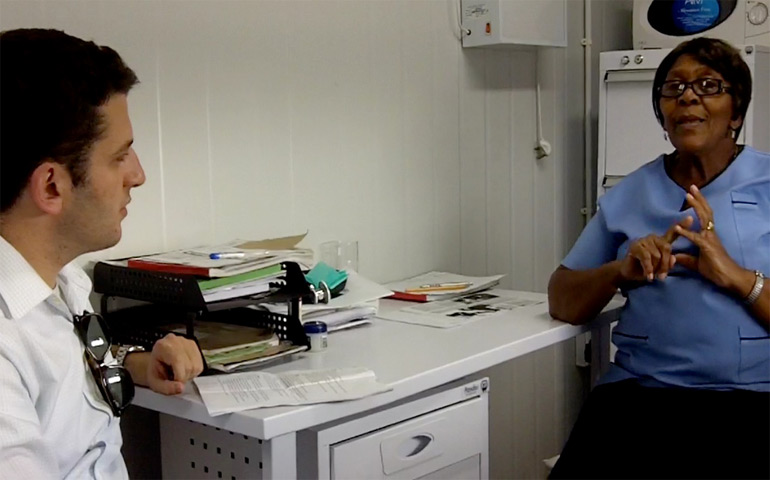In 2011, Unjani was composed of Health-in-a-Homestore, an over-the-counter distribution model for the base of the pyramid, and Clinic-in-a-Box, a 12-by-2.3-meter rapid-deployment unit run by a Registered Nurse Practitioner offering fee-based basic primary health care services in the townships around Johannesburg. That year, Unjani approached GlobalHealth Lab to assess and provide recommendations for the profitability for Clinic-in-a-Box. The MIT student team studied other models for clinic franchising, conducted interviews with area experts, spoke with Unjani leadership and nurses, collected financial data from one of the sites, and produced a report exploring demand generation and funding mechanisms, a presentation to use with potential donors, and a set of detailed suggestions on short-term tactics to increase volume to each clinic as well as long-term strategies for Unjani at large. When the project was evaluated for impact a year later, Unjani was looking to relocate one of its clinics per student recommendations and had implemented several of the GlobalHealth Lab marketing recommendations such as a frequent use card.
Related Content
Unjani website (formed and founded by RTT, now Imperial Health)

